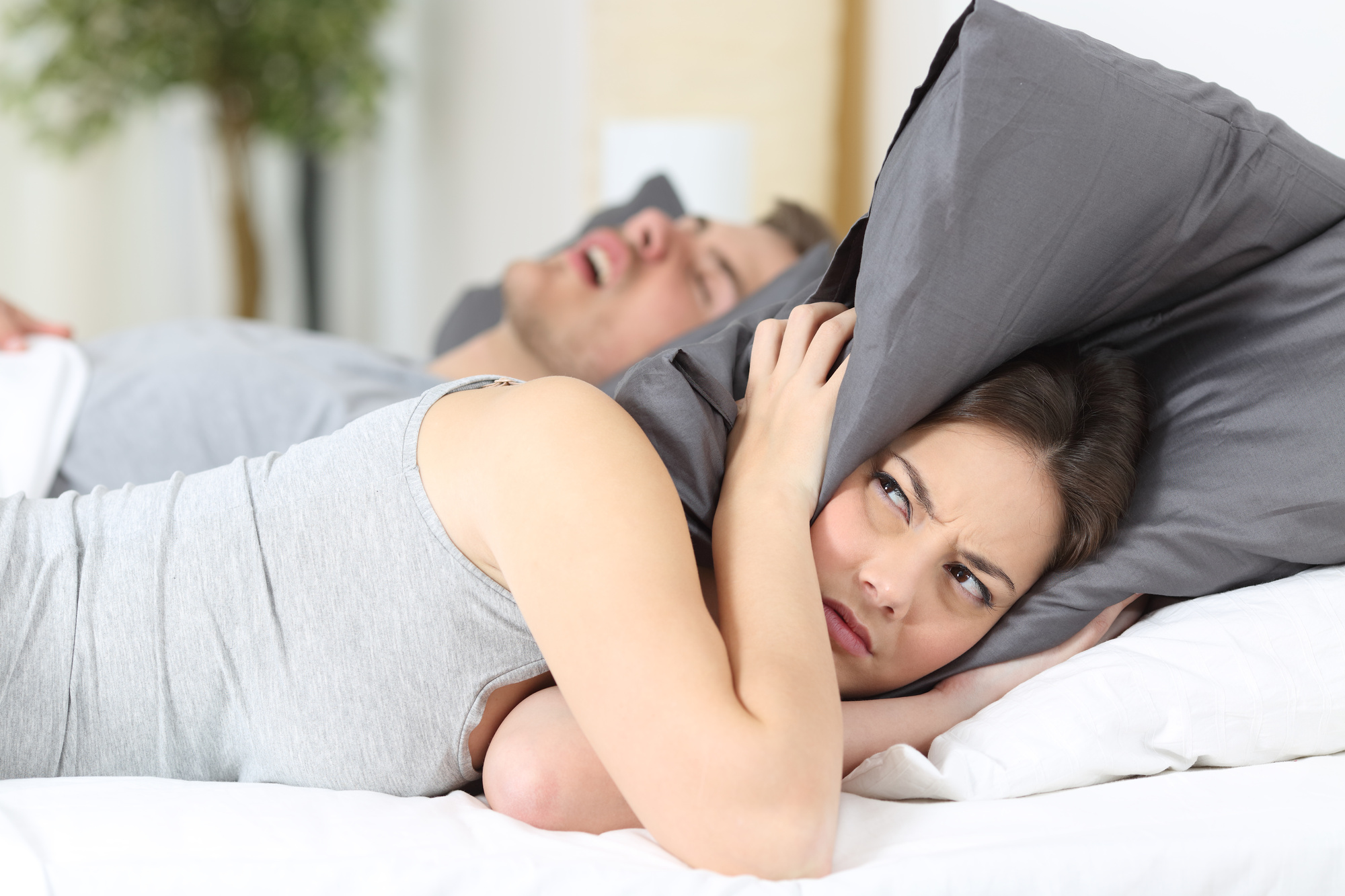Bruxism Treatment: How Can You Stop Grinding Your Teeth?

Do you suffer from poor sleep, frequent headaches that start at the temple, pain around your ear, or tightness in your jaw? These could be symptoms of a much larger problem.
Affecting nearly 10 percent of adults, bruxism is commonly known by another name, teeth grinding. If left untreated, bruxism can cause damage to your teeth or enamel, frequent tension headaches, and even jaw disorders like temporomandibular joints also referred to as TMJ.
If you notice that you frequently grind your teeth, don’t worry. We’ve got you covered. Here are five bruxism treatment options to help you.
5 Ways to Treat Bruxism
You may be asking yourself some questions like, why do I grind my teeth? Can bruxism be cured? Is there an easy way to learn how to stop clenching at night? If so, you’re not alone. There are two types of bruxism, awake bruxism and sleep bruxism.
Here are some common causes of bruxism, or teeth grinding:
- Stress and anxiety
- Teeth alignment
- Medicines
- Sleep apnea
The good news is some bruxism treatment options can help manage the common causes.
1. Mouthguard
If you suffer from sleep bruxism or have issues with teeth alignment, using a mouthguard can be extremely effective as it occludes the ability to grind your teeth. Also known as a teeth guard for obvious reasons, they can help eliminate further damage that you could do while sleeping when grinding your teeth as it is an unconscious habit.
2. Tapping
If you suffer from awake bruxism, it could be from undue stress or anxiety. Tapping, also known as the Emotional Freedom Technique (EFT) involves tapping on specific pressure points on your body with your fingers. Many bruxism sufferers have mentioned that it does wonders for them, but there are no conclusive studies. However, tapping has been known to help sufferers of PTSD, so it may help people suffering from anxiety-like habits.
3. Exercise, Yoga, or Meditation
If stress and anxiety are the culprits, exercise, yoga, and meditation may help. Exercise releases endorphins in the brain that provides oxygen to the body and also is known to quell anxiety. Meditation and Yoga are great stress relievers, and also help manage anxiety.
4. Hypnosis
Although this option may not work for everyone and may feel a little hokey for some, there have been studies by the Bruxism Association that have indicated a decrease in bruxism symptoms over an extended time.
5. Change in Medicine or Diet
Certain antidepressants have been known to create bruxism as a side-effect, so it’s important to be aware of this. If you think medications could be the culprit, see if switching to a different medication could help. Diets consisting of caffeine, sugar, and alcohol have also increased the likelihood of bruxism symptoms. So a change in diet could help.
Bruxism Treatment
Only you know what bruxism treatment will work for you. You may want to consider a few of the options on this list to see what is most effective.
For information on this topic and more, please check our blog regularly.



